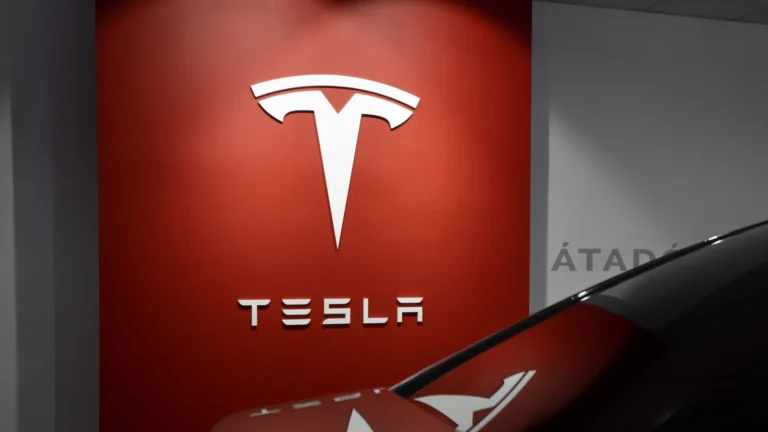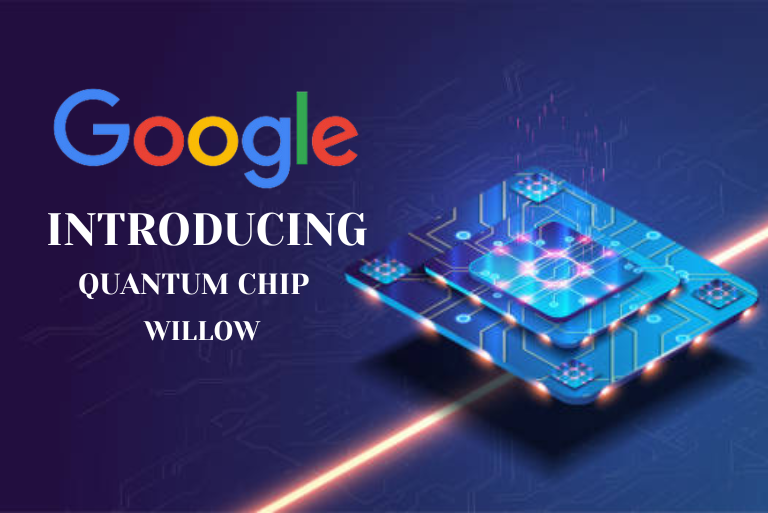The AI Revolution: How Artificial Intelligence is Transforming Industries
Introduction
Artificial Intelligence (AI) has become one of the most transformative technologies of the 21st century. From its early stages as a conceptual field of computer science to its current applications across nearly every industry, AI is reshaping how businesses operate, how services are delivered, and how consumers interact with technology. With advancements in machine learning, natural language processing, and computer vision, AI is not just augmenting human capabilities—it’s redefining them.
This blog explores the multifaceted impact of AI across key sectors, including healthcare, finance, manufacturing, transportation, retail, education, cybersecurity, and more. By understanding the practical applications and future potential of AI, stakeholders can better prepare for a world where intelligent systems play a central role in growth, efficiency, and innovation.
AI in Healthcare
AI is revolutionizing healthcare by enhancing diagnostic accuracy, improving treatment personalization, and streamlining administrative workflows. Machine learning algorithms can detect diseases such as cancer, diabetes, and Alzheimer’s at earlier stages by analyzing medical images, patient records, and genetic data. Tools like IBM Watson and Google DeepMind have demonstrated success in assisting doctors with diagnosis and treatment recommendations.
In addition, AI-powered chatbots and virtual health assistants provide around-the-clock support for patients, helping manage chronic conditions and medication adherence. Predictive analytics also play a role in preventing hospital readmissions and optimizing resource allocation.
AI in Finance
The financial services sector is leveraging AI for fraud detection, credit scoring, risk management, and customer service. Machine learning models analyze vast amounts of transactional data to detect unusual patterns and prevent financial crimes. AI-driven robo-advisors offer personalized investment strategies based on user behavior and market trends.
Banks are also using natural language processing to automate document review, compliance checks, and customer queries. The integration of AI is improving decision-making speed while reducing human error.
AI in Manufacturing
AI-driven automation in manufacturing is optimizing supply chains, reducing downtime, and increasing product quality. Predictive maintenance systems use sensor data to forecast equipment failures before they occur, minimizing disruptions. Computer vision is used for quality inspection and assembly line monitoring, ensuring that production meets high standards.
Collaborative robots (cobots) are working alongside human employees to handle complex tasks with precision and safety. AI is also enhancing design processes through generative design tools that propose engineering solutions based on input constraints.
AI in Transportation
Self-driving cars, intelligent traffic systems, and logistics optimization are some of the most visible outcomes of AI in transportation. Autonomous vehicles use deep learning and sensor fusion to navigate roads, avoid obstacles, and make real-time driving decisions. Companies like Tesla, Waymo, and Uber are investing heavily in this space.
AI also contributes to route optimization, predictive maintenance for fleets, and efficient management of transportation infrastructure. In aviation, AI helps in air traffic control and predictive modeling for maintenance schedules.
AI in Retail
Retailers use AI to create personalized shopping experiences, forecast demand, and optimize inventory management. Recommendation engines analyze consumer behavior to suggest products that are more likely to be purchased. Chatbots handle customer inquiries, process orders, and provide instant support.
AI-driven image recognition allows for cashier-less stores where customers can pick up items and walk out without traditional checkout. Retail analytics tools use data to refine pricing strategies and tailor marketing campaigns to individual preferences.
AI in Education
AI is enhancing education through intelligent tutoring systems, adaptive learning platforms, and automated grading. Tools like Coursera and Khan Academy utilize AI to recommend courses, provide personalized learning paths, and give feedback in real time. NLP enables the automatic assessment of essays and student responses.
Instructors benefit from analytics that identify learning gaps and optimize curriculum delivery. AI also plays a role in language translation and accessibility tools for learners with disabilities.
AI in Cybersecurity
Cybersecurity is a critical area where AI excels in identifying and mitigating threats. Machine learning models detect unusual behavior, phishing attempts, and malware patterns faster than traditional systems. AI automates threat hunting and incident response, reducing the time required to neutralize attacks.
Behavioral analytics tools profile normal user activity to flag deviations, helping protect systems from internal and external breaches. AI also enhances biometric authentication and endpoint security.
AI Ethics and Governance
As AI becomes more pervasive, ethical considerations are increasingly important. Issues such as algorithmic bias, transparency, accountability, and data privacy must be addressed. Governments and organizations are developing frameworks to ensure AI is used responsibly and for the benefit of society.
Establishing clear regulations, conducting bias audits, and promoting diversity in AI development teams are essential steps toward ethical AI deployment. Education around AI literacy is also key to public understanding and acceptance.
Future Trends in AI
The future of AI holds immense possibilities. Advancements in general AI, explainable AI (XAI), and quantum computing will further expand the scope of applications. AI will become increasingly embedded in everyday devices, from smart home assistants to wearable health monitors.
Industries will continue to innovate by integrating AI with technologies like blockchain, IoT, and 5G. AI’s role in sustainability, climate modeling, and space exploration will also grow, underscoring its significance in solving global challenges.
Conclusion
AI is no longer an experimental technology—it is a transformative force across all sectors. Its applications are diverse, its potential vast, and its evolution ongoing. By embracing AI and addressing its challenges, businesses and societies can unlock unprecedented value and create a smarter, more connected world.
Stay informed and prepared, because the AI revolution is not coming—it’s already here.



